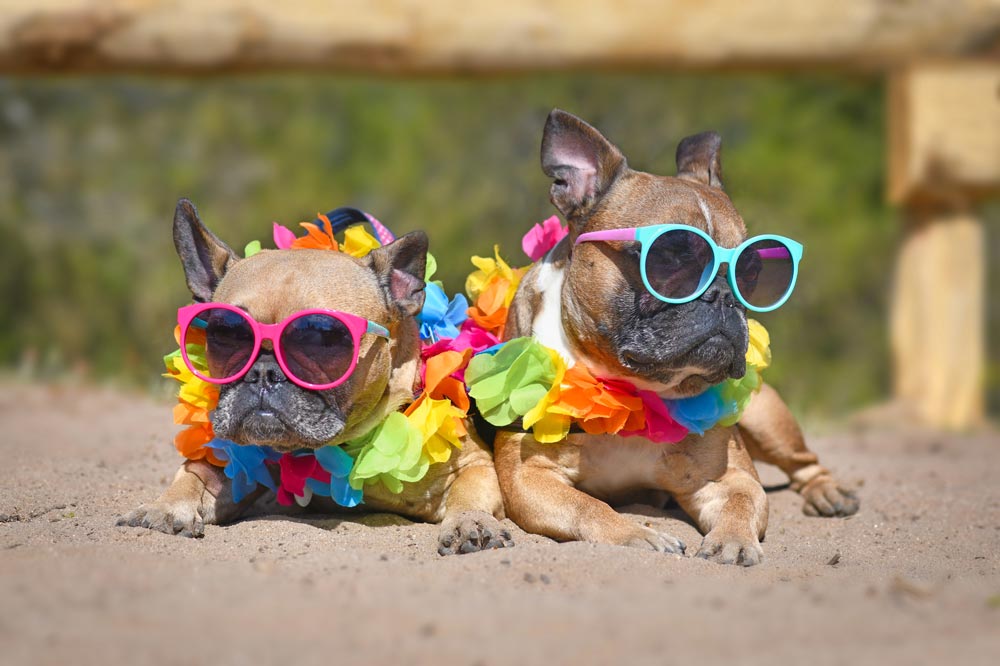1. What is the breed standard for French Bulldogs?
The breed standard for French Bulldogs is a document that outlines the breed’s ideal characteristics, temperament, and appearance. According to the American Kennel Club (AKC) Rules, the breed standard for French Bulldogs includes the following:
- Size: French Bulldogs should be small and compact, with a height of 11 inches to 12 inches at the shoulder for males and 10 inches to 11 inches for females.
- Head: The head should be large, square, and well-proportioned, with a short, square-shaped muzzle and a deep, wide jaw. The ears should be erect and set high on the head.
- Eyes: The eyes should be dark and round and set wide apart.
- Body: The body should be sturdy and well-muscled, with a deep chest and a straight, short back. The tail should be short and straight.
- Coat: The coat should be short, smooth, and shiny and come in a variety of colors, including fawn, brindle, and pied.
- Temperament: French Bulldogs should be lively and alert, with a playful and affectionate personality. They should also be intelligent and easy to train.
2. Are French Bulldogs good family pets?
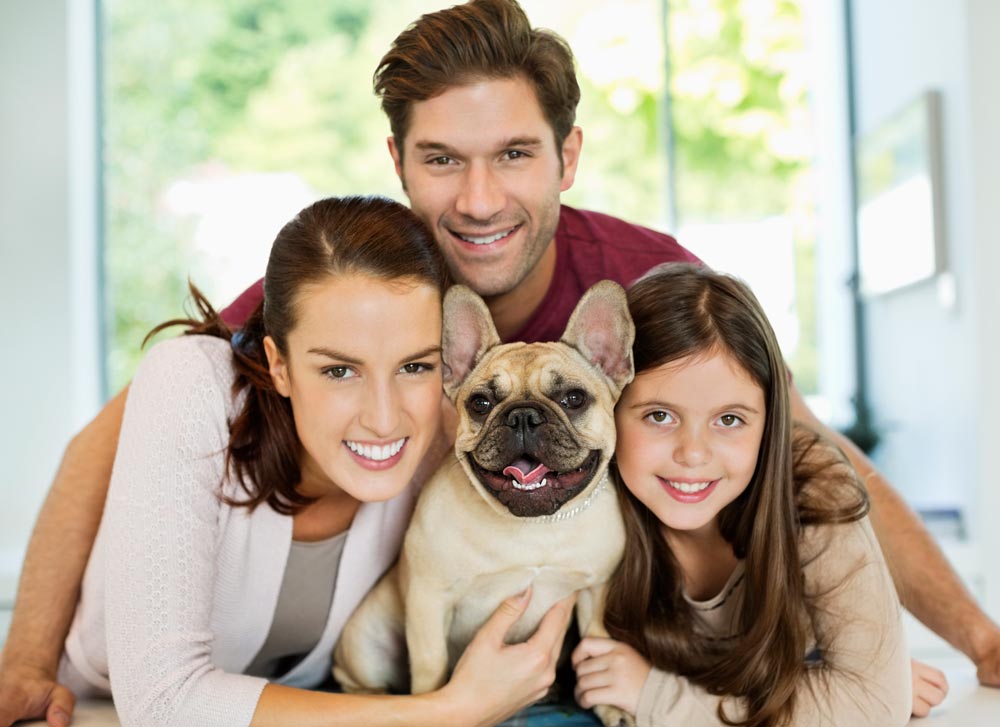
French Bulldogs can make good family pets because they are typically playful, affectionate, and good with children. They are also generally patient and easy to train, which can make them well-suited to families with children.
However, it’s important to remember that every dog is an individual and may have its own unique personality and characteristics. It’s always recommended to spend time with a French Bulldog and observe its temperament before bringing one into your home. As with any pet, it’s also important to consider whether you have the time, resources, and commitment to properly care for a French Bulldog.
Overall, French Bulldogs can be good family pets if they are well-trained and socialized and if their needs are met.
3. How much exercise do French Bulldogs need?
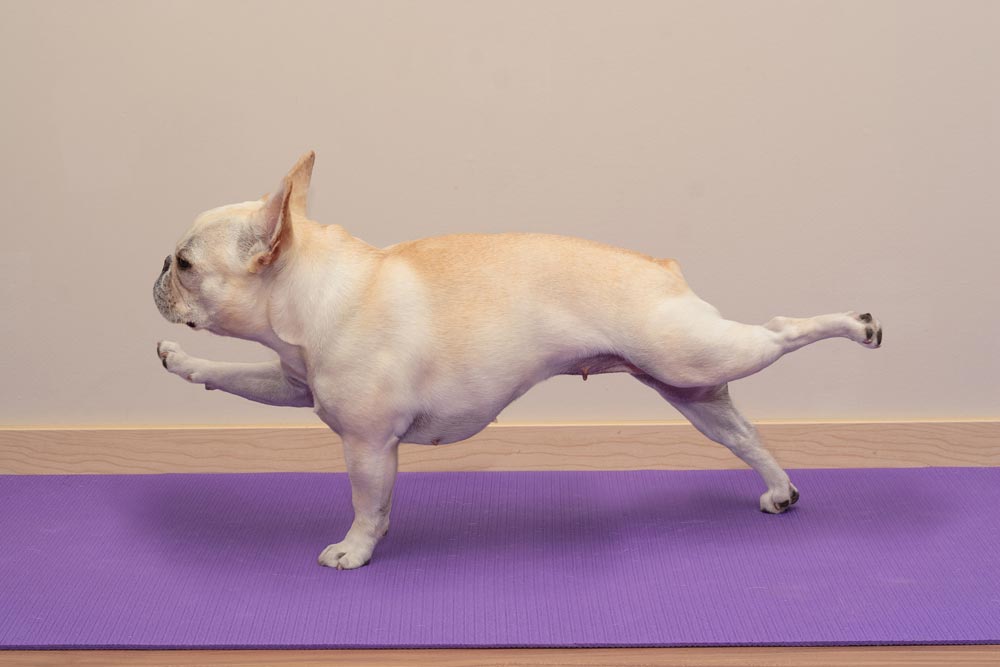
French Bulldogs are a small to medium-sized breed and typically do not require a lot of exercise. They are not as active as some other breeds and can be prone to obesity if they are not given adequate exercise.
It’s always important to remember that every dog is an individual and may have different exercise needs. However, as a general guideline, French Bulldogs should be given at least 30 minutes of moderate exercise per day. This can include walks, playtime, and other activities that provide mental and physical stimulation.
It’s also important to remember that French Bulldogs are a brachycephalic breed, which means they have a shorter snout and can have difficulty breathing in hot or humid conditions. It’s important to be mindful of this when exercising your French Bulldog and avoid overexerting them in hot weather.
4. Are French Bulldogs prone to any health issues?
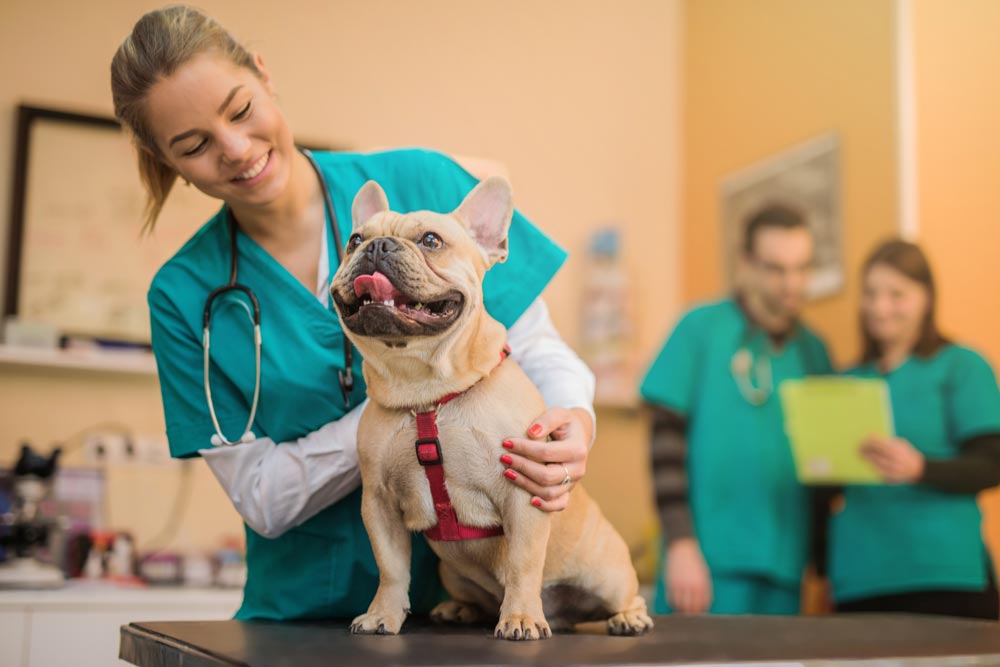
Like all breeds, French Bulldogs are prone to certain health issues. The most common health issues that French Bulldogs may be prone to include:
- Brachycephalic airway syndrome: French Bulldogs are a brachycephalic breed, which means they have a shorter snout and can have difficulty breathing. This can lead to a condition called brachycephalic airway syndrome, which can cause respiratory problems such as snoring, panting, and difficulty breathing.
- Hip dysplasia: Hip dysplasia is a really common joint condition that can affect French Bulldogs. It occurs when the hip joint is not properly formed, causing pain and difficulty moving.
- Intervertebral disc disease: French Bulldogs are prone to a condition called intervertebral disc disease, which occurs when the discs between the vertebrae of the spine become damaged or ruptured. This can cause pain and mobility issues.
- Eye problems: French Bulldogs can be prone to various eye problems, including cataracts, entropion, and ectropion.
- Skin allergies: French Bulldogs can be prone to skin allergies, which can cause itching, redness, and inflammation.
It’s very important to be aware of these potential health issues and to have your French Bulldog checked by a veterinarian regularly to catch any problems early on.
5. How much grooming do French Bulldogs require?
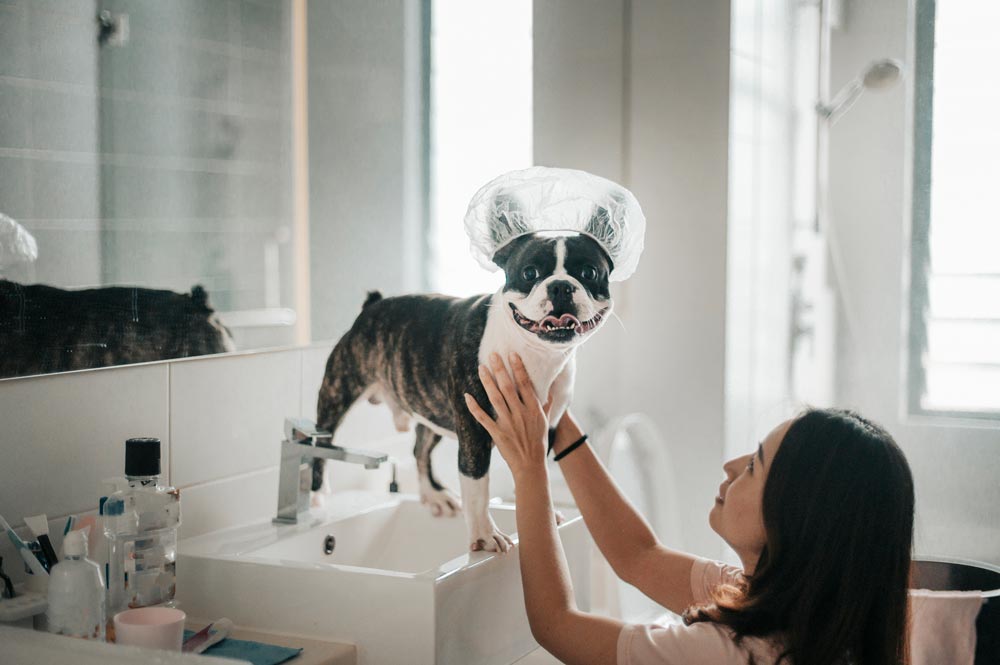
French Bulldogs have a short, smooth coat that requires minimal grooming. Their coats should be brushed once or twice a week at a minimum to remove any loose hair and keep their coat looking shiny and healthy. They only need to be bathed every few months or as needed, using a mild shampoo to avoid drying out their skin.
In addition to coat care, French Bulldogs should have their nails trimmed regularly to prevent them from getting too long. They should also have their ears checked and cleaned regularly to prevent infection.
Overall, French Bulldogs are a low-maintenance breed when it comes to grooming, and their grooming needs are fairly easy to meet.
6. Do French Bulldogs get along with other pets?
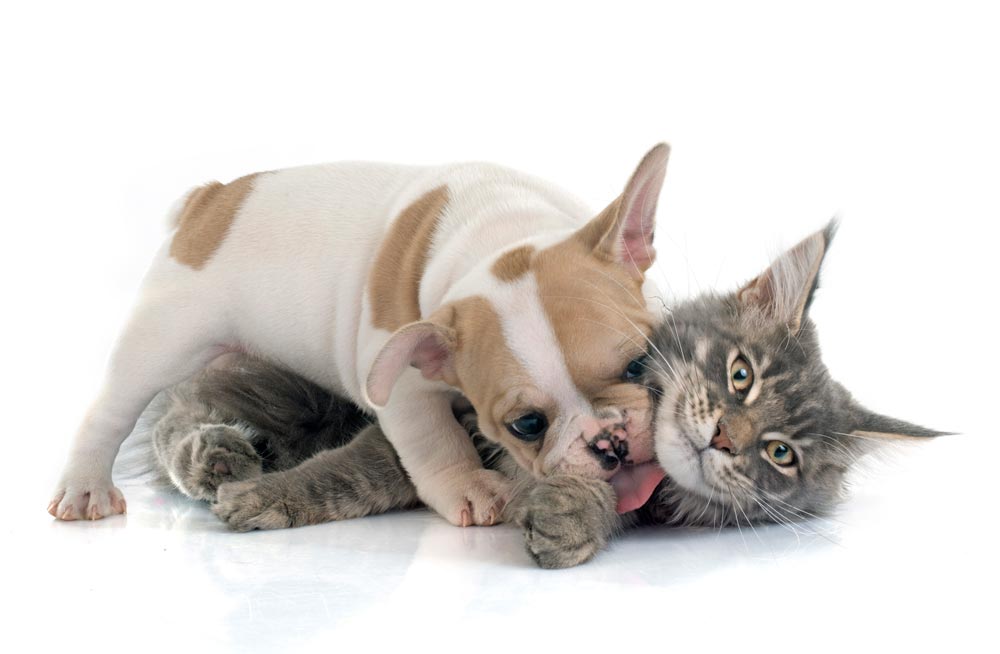
French Bulldogs can get along with other pets, but it’s important to remember that every dog is an individual and may have its own unique personality and characteristics. Some French Bulldogs may be more social and get along well with other pets, while others may be more reserved or territorial.
To help ensure that your French Bulldog gets along with other pets, it’s important to socialize and train them properly from a young age. Exposing them to other animals during the socialization period (around 3 to 12 weeks old) can help them learn to interact with other pets in a positive way.
It’s also important to monitor your French Bulldog’s interactions with other pets and intervene if necessary to prevent any conflicts. With proper training, socialization, and supervision, French Bulldogs can get along well with other pets.
7. How long do French Bulldogs typically live?

The lifespan of a French Bulldog is typically between 10 and 12 years. However, it’s important to note that every dog is an individual and may have a different lifespan depending on a variety of factors, including genetics, diet, and lifestyle. Some French Bulldogs may live longer than 12 years, while others may have a shorter lifespan.
To help ensure that your French Bulldog lives a long and healthy life, it’s important to provide them with proper care, including a balanced diet, regular exercise, and regular visits to the veterinarian for check-ups and preventive care.
8. Are French Bulldogs typically easy to train?
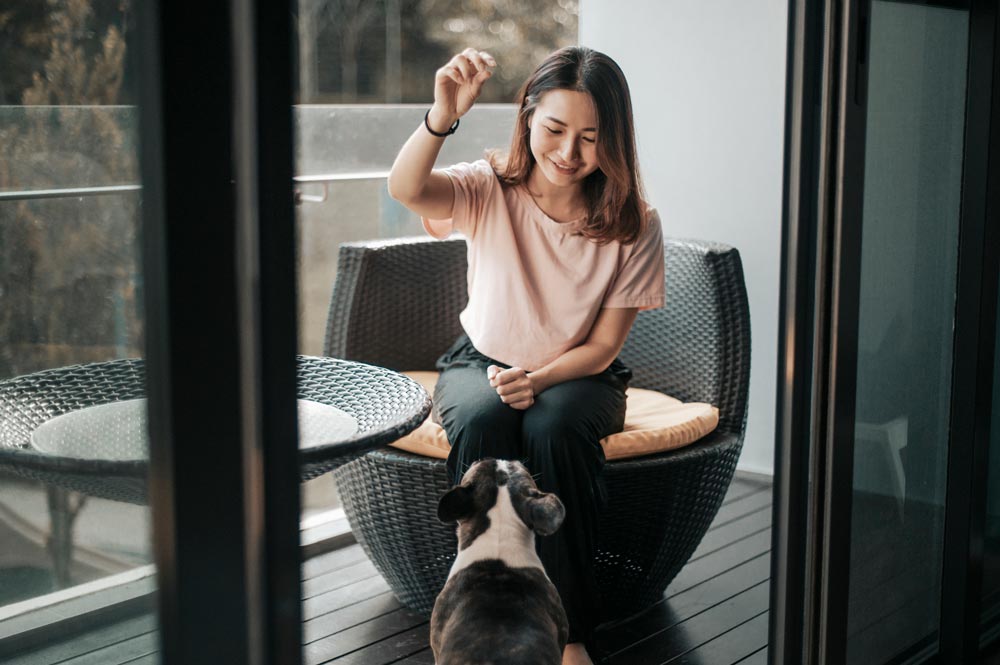
French Bulldogs are typically easy to train, as they are generally intelligent and eager to please. They can be motivated by food rewards, toys, and praise, and respond well to consistent, positive training methods.
That being said, it’s important to remember that every dog is an individual and may have its own unique personality and characteristics. Some French Bulldogs may be more independent or stubborn and may require more patience and persistence when training.
To train your French Bulldog effectively, it’s important to be consistent, patient, and positive and to use rewards-based training methods. It’s also important to start training your French Bulldog early, as early socialization and training can help prevent behavioral issues later on.
9. Do French Bulldogs bark a lot?

French Bulldogs are not known to be excessively barking breeds. They may occasionally bark to alert their owners to something, but they are generally not known for excessive barking.
- That being said, every dog is an individual and may have its own unique barking habits. Some French Bulldogs may bark more than others, and this could be due to a variety of factors, including genetics, training, and environment.
To help prevent excessive barking in your French Bulldog, it’s important to train them properly and to provide them with the mental and physical stimulation they need. It’s also important to identify and address any underlying causes of barking, such as boredom, separation anxiety, or lack of exercise.
10. Can French Bulldogs be left alone for long periods of time?
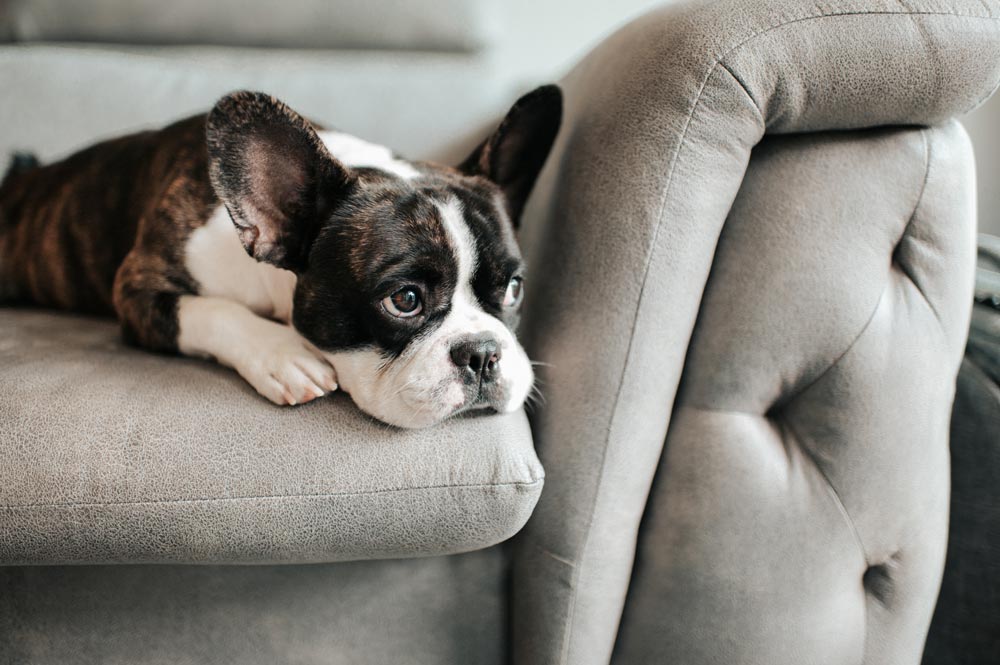
French Bulldogs are a small to medium-sized breed and are generally not well-suited to being left alone for long periods of time. Like all dogs, they need social interaction, mental and physical stimulation, and regular care and attention.
If you have to be away from home for extended periods of time, it’s important to make arrangements for someone to check in on your French Bulldog and provide them with the care they need. This could include hiring a pet sitter, asking a trusted friend or family member to check in on them, or taking them to a doggy daycare.
Leaving a French Bulldog alone for long periods of time can lead to boredom, separation anxiety, and other behavioral issues. To ensure that your French Bulldog is well-cared for and happy, it’s important to make sure their needs are met when you are away.
11. Do French Bulldogs have a lot of energy?

French Bulldogs are a small to medium-sized breed and do not have a lot of energy compared to some other breeds. They are not as active as some other breeds and do not require a lot of exercise. French Bulldogs are generally content to relax and play in the house or yard and do not need a lot of vigorous exercise to stay healthy and happy.
That being said, every dog is an individual and may have its own unique energy level and exercise needs. Some French Bulldogs may be more active than others and may require more exercise. It’s important to observe your French Bulldog’s energy level and adjust its exercise routine accordingly.
Overall, French Bulldogs are a relatively low-energy breed and do not require a lot of exercise to stay happy and healthy.
12. Are French Bulldogs good with children?

French Bulldogs can be good with children and can make great family pets. They are generally patient and affectionate and are known for their playful and loving nature.
However, it’s important to remember that every dog is an individual and may have its own unique personality and characteristics. Some French Bulldogs may be more tolerant of children than others, and it’s important to observe your French Bulldog’s behavior around children to ensure that they are getting along well.
As with any pet, it’s important to teach children how to behave around French Bulldogs and to supervise their interactions to prevent any accidents or injuries. With proper training, socialization, and supervision, French Bulldogs can get along well with children.
13. Do French Bulldogs shed a lot?
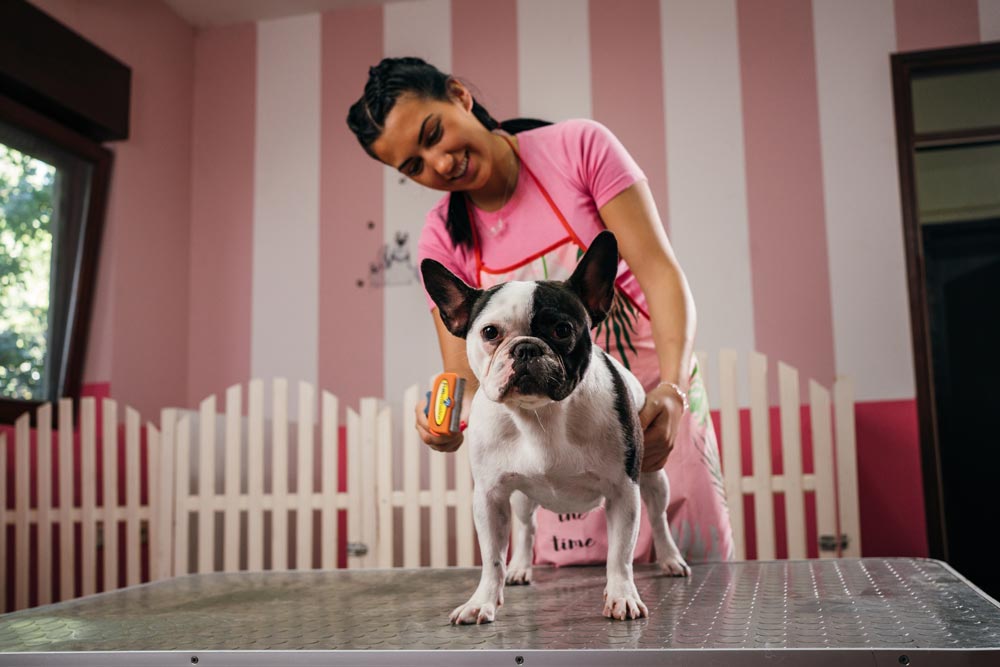
French Bulldogs have a short, smooth coat that does not shed a lot. They are considered to be a low-shedding breed and are generally considered to be a good choice for people with allergies.
That being said, all dogs shed to some extent, and French Bulldogs may shed a small amount of hair. To minimize shedding, it’s important to brush your French Bulldog regularly to remove loose hair and help keep its coat healthy and shiny. This can also help reduce the amount of hair that ends up on your furniture and clothing.
Overall, French Bulldogs are a low-shedding breed and are typically considered to be a good choice for people who want a dog that doesn’t shed excessively.
14. Can French Bulldogs be prone to obesity?
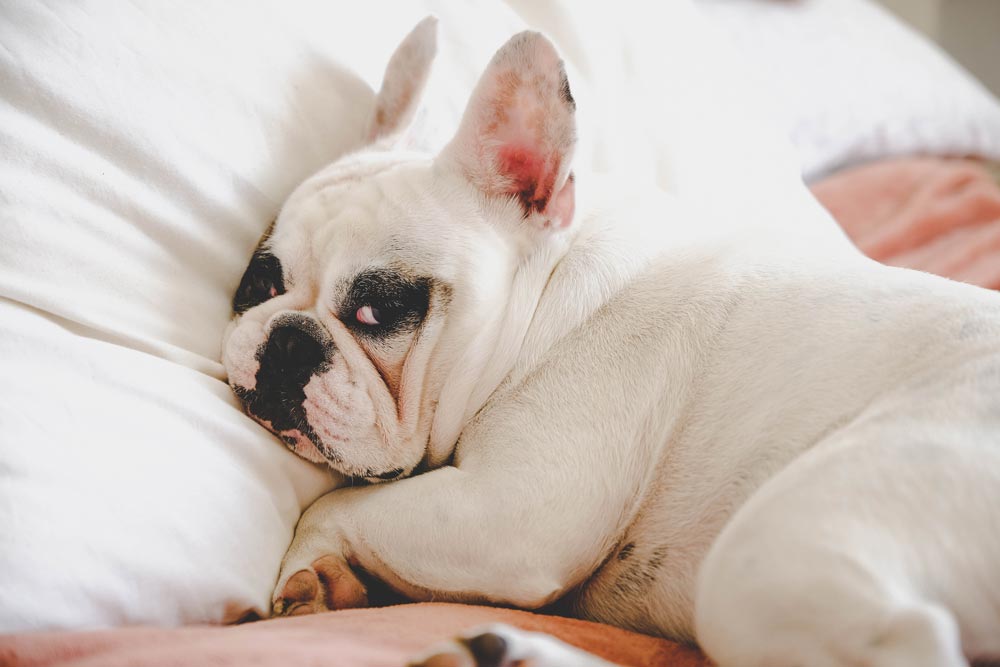
French Bulldogs can be prone to obesity if they are not given adequate exercise and are fed an unhealthy diet. Obesity can turn into a number of health problems in dogs, including joint problems, diabetes, and heart disease.
To help prevent obesity in your French Bulldog, it’s important to feed them a healthy, balanced diet and to provide them with regular exercise. French Bulldogs are a small to medium-sized breed and do not require a lot of exercise, but they should be given at least 30 minutes of moderate exercise per day. This can include walks, playtime, and other activities that provide mental and physical stimulation.
It’s also important to monitor your French Bulldog’s weight and to consult with your veterinarian if you have any concerns. By maintaining a healthy weight, you can help ensure that your French Bulldog stays happy and healthy.
15. What color variations do French Bulldogs have?
French Bulldogs can be born with a variety of colors, including:
- Fawn: Fawn French Bulldogs can range in color from light beige to reddish-brown.
- Brindle: Brindle French Bulldogs have a coat with black stripes on a fawn or reddish-brown background.
- Pied: Pied French Bulldogs have a coat that is predominantly white with patches of another color, such as fawn, brindle, or black.
- Black: Black French Bulldogs have a coat that is solid black in color.
- White: White French Bulldogs have a coat that is solid white in color.
It’s important to note that the American Kennel Club (AKC) does not recognize white French Bulldogs as a separate color variation. Instead, white is considered to be a disqualifying color in the breed standard, as it is not an acceptable color for show purposes. However, white French Bulldogs can still be registered with the AKC as a “pet quality” dog.

